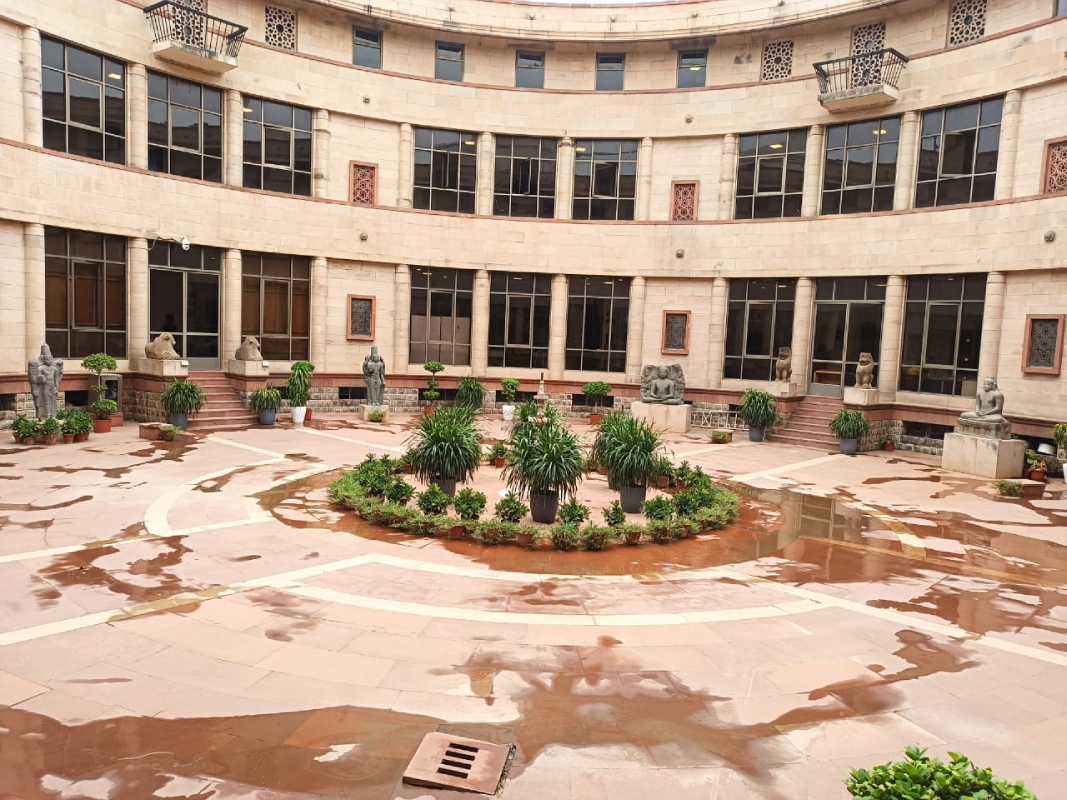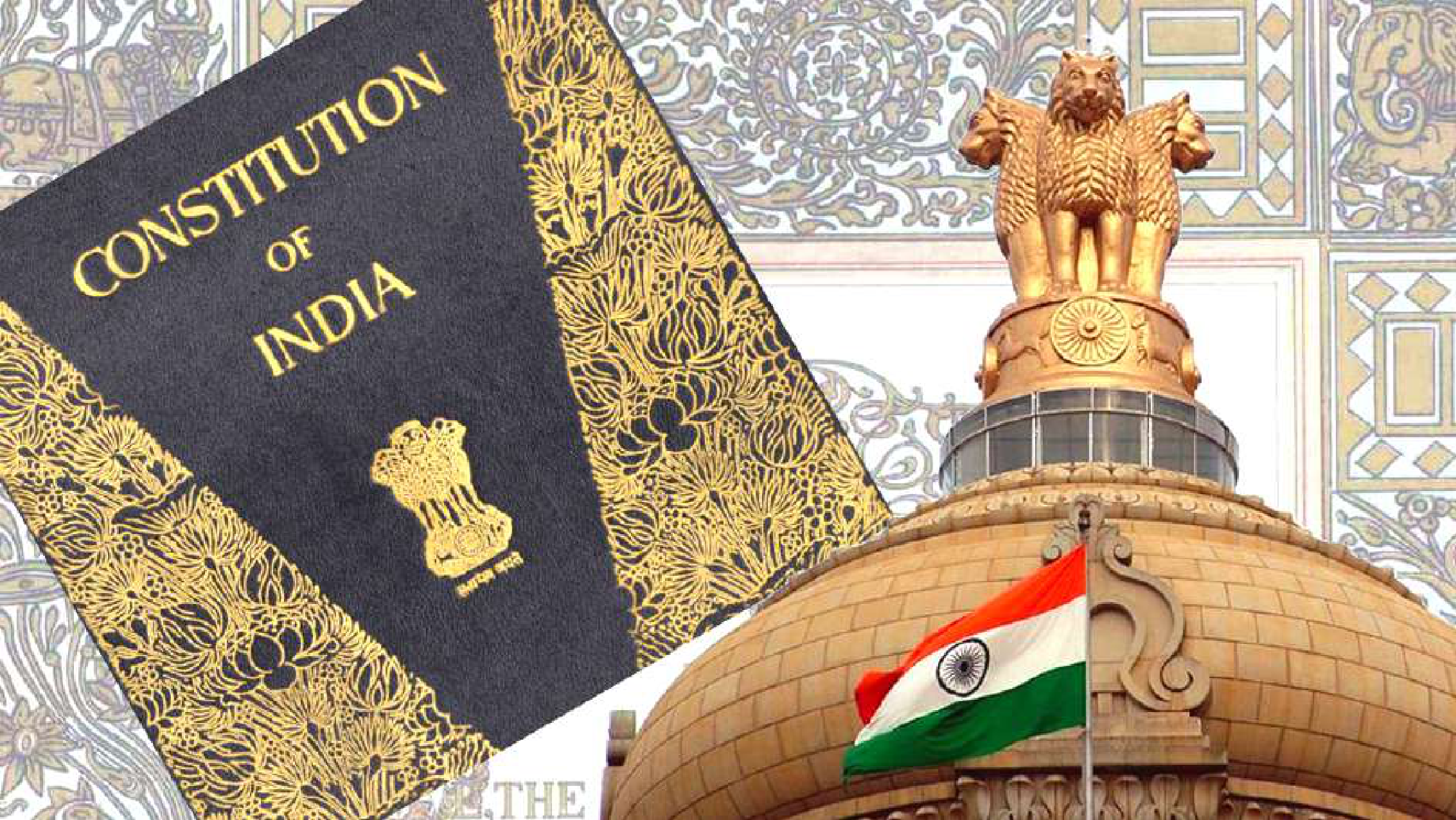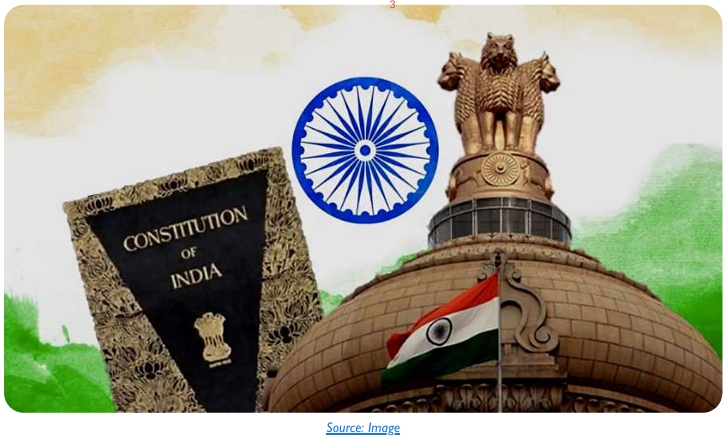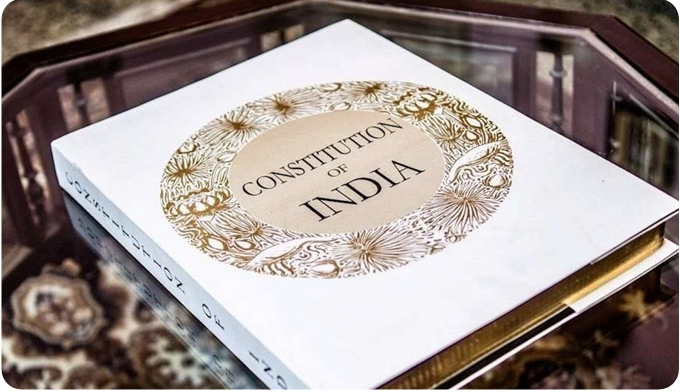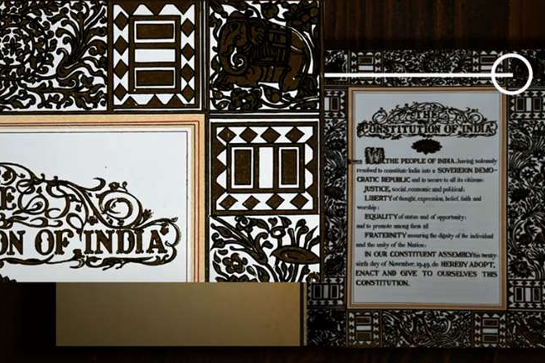Background
It is in the nature of humans to subjugate and subordinate other humans or communities. It is a natural fear in large multicultural societies that individual rights may get suppressed by the beliefs and preferences of influential religious or ethnic communities. This kind of public fear was commonly experienced in authoritarian states where regimes have support of the ethnic or religious majority. However, in democracies with large diversity, the need is to build public confidence in the State, based on rule of secular laws. For the state to build stability and harmony, it needs to build policies for social cohesion, based on liberal constitutional-values that provide equal access to justice to address fears of minorities, which they may face in circumstances of strident or adversarial religious majoritarianism.
Introduction
India has not only the largest population among all countries, but probably the largest religious and cultural diversity on the planet, living in one territory administered through rule of law based on an inclusive Constitution. The philosophy that designed the India Constitution was sensitive to the challenges of religious polarization that can cause instability of the state when a highly diverse Indian society gets divisive and adversarial.
Large multicultural and multi-denominational democracies could evolve into either of the two directions
- Polarization of communal or ethnic religious identities for consolidation of electoral vote banks would heighten the priorities of religious community. It could also generate fear, resentment, distrust and even political violence could occur among the communities. Polarization could lead the state towards majoritarian and authoritarian directions.
- An alternative direction is driven by a state policy for building social cohesion based on constitutional values and principles. This approach would reinforce pluralism, inclusion, and public trust. It requires creating knowledge of how constitutional values intersect with public affairs. Thereafter, steps would have to be taken to disseminate these values to enhance inter-faith understanding and tolerance in the society. This would lead the state towards to direction of stability.
Significance of Building Social Cohesion on Constitutional Values as a State Policy
Whatever form of worship one chooses to have is not the issue, but intolerance of different religious beliefs and practices towards each other causes turbulence in the larger society. If social stability and trust in the country are the desired objectives to sustain socio-economic growth, then one has to think about how to create such conditions.
The state should build social cohesion based on the foundation of Indian Constitution as a policy. It will promote humanism, social cohesion and philosophical ideals enshrined in the Constitution to be disseminated in society, through the legislature, the executive, the judiciary, the media and the academia. For the past seven decades these principles and values were consigned to books which people should have read and understood; imbibed its values to give meaning to their lives and to the conduct of their communities; built trusting and tolerant relations with people from different cultures, castes and religions. These values did not develop nor got deepened, because the Governments did not feel the necessity to fulfil these foundations of social cohesion.
Social cohesion is necessary in society as mankind needs to live in harmony, nurture good faith and live in an inclusive society. These values characterise our society, and accordingly, norms will be set for social conduct. These norms will influence individuals and groups to treat each other with courtesy despite having diverse cultures, religions, faith and beliefs. That is where our liberal and inclusive Constitution gifts us with a set of principles, laws and rules to guide society towards consensus and stability.
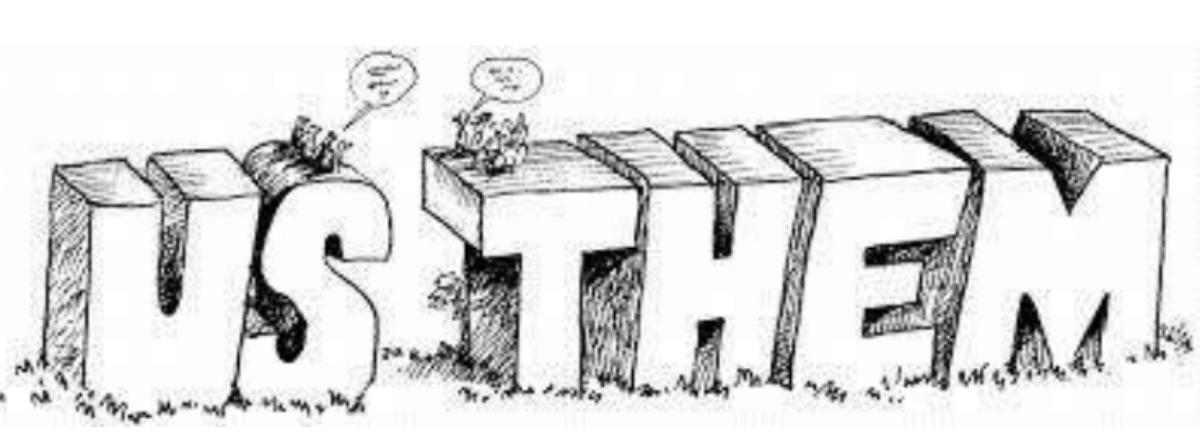
An assumption was made that by inclusion of these principles in the Preamble of the Constitution, it would provide a natural inspiration to the people of India to follow these values. Societal experience has revealed that these values have been neglected over the decades, and practiced more in breach. On the contrary, negative norms have become prevalent in the Indian society and have come to dominate it.
In order to build trust among the diverse people of India, one does get inspiration from one’s religious teachings. But considering the diversity of religions, the bedrock of moral conduct of institutions of the state are therefore embedded in our constitutional values. These principles, if followed with sincerity, will promote public harmony that is so essential for social cohesion in the country. Over the past seven decades, these constitutional values have neither been adequately communicated, nor understood nor imbibed by the people of India. This gap is because the Governments of different States, which are responsible for creating such knowledge and disseminating these values in our society, have failed to develop policies to do so.
There is also a concern that in some societies, as common people we are reluctant to speak truth to power. As experienced during the period of colonial power, this reluctance had led to an easier subjugation of disparate communities. There is a real concern that is this attitude will allow easier polarization of religious communities by any political leadership that is disposed towards religion-based polarisation and authoritarianism.
Political leaderships in liberal democracies need to be mindful of citizens’ tendencies to accept beliefs that create an “us versus them” mentality along communal lines. This may lead to an increase of religious and communal consolidation for electoral mobilization by parties desirous of consolidating this divide into political vote banks. The next step would be that cleavages of communal politics will spill over into antagonism and violence. Therefore, a political response is required to curb this communalisation of politics.
India not only has the largest population, but it also has the largest religious and ethnic diversity on the planet, residing in one territory, administered by laws based on an inclusive Constitution. What is common between the people of Northeast India and Gujarat? What are common elements that connect people of Kashmir and Tamil Nadu? What is the common medium, other than the bonds of common constitutional values? Therefore question arise: what binds together the diversity of India other than trust that has to be built on Constitutional values? What can get the people together to stand up for: liberty of the other to practice their rights; fraternity to build bonds of brotherhood despite diversity of cultural identities; equality in accessing economic opportunities; and justice delivery for protection of one and all under rule of law without discrimination between communal identities?
What are the threats to Social Cohesion in a multi-denominational country?
When a political leadership prefers a religious identity to consolidate their vote banks, wouldn’t other communities feel discriminated that their religious and civil rights have been subordinated? These conditions would raise questions: whether majoritarianism or secularism enables social cohesion for stability and harmony, especially in a vast multi-cultural democracy inhabited by communities that practice varied beliefs? Would religious polarization or social concord be more effective in building public harmony and stability in a country?
Wouldn’t social cohesion provide essential preconditions for socio-economic development [1] and building security? Can divided societies develop a security structure that will protect the country without an ideology of national unity? Wouldn’t polarization undermine inter-faith trust? As India’s political mobilisation capacities are assessed to be weaker, between politics of division or social cohesion, which condition will provide a unifying ideology for a country’s socio-economic growth and national security? [2]
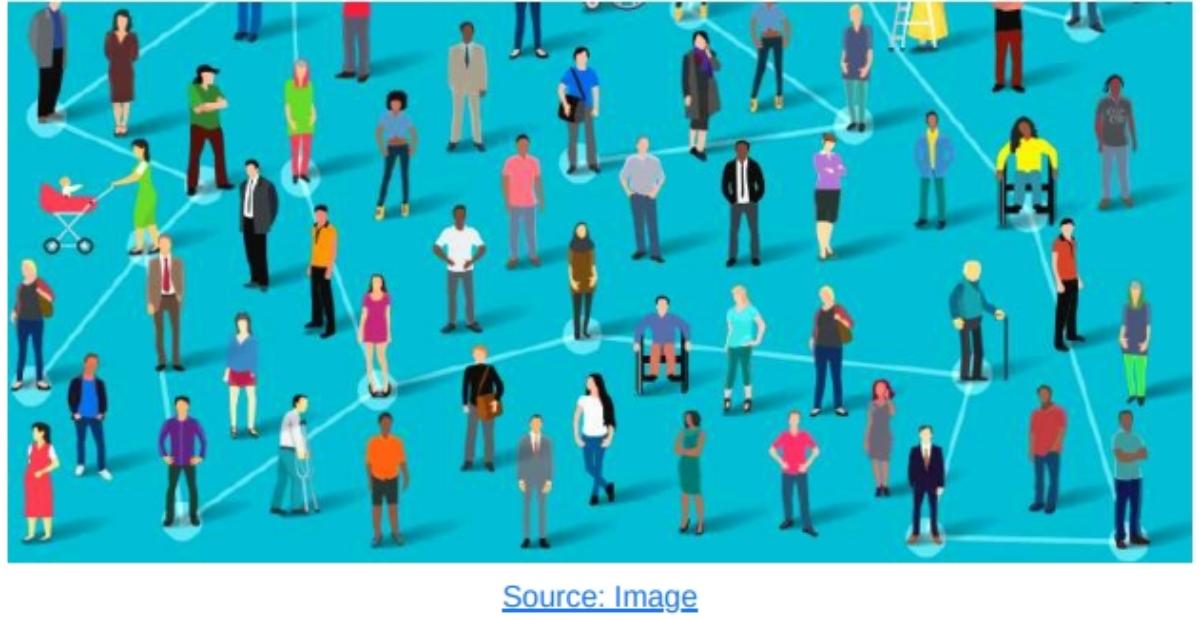
The following situations threaten Social Cohesion in a multi-denominational country:
- When political parties use divine deities or sacred religious beliefs and texts to divide societies for electoral purposes through antagonism, to project a perception that the political party is the exclusive and final arbiter or defender of rights of a specific religion.
- When a political party uses state resources to conflate the loyalty to the state with one of its religions, a question emerges if such a practice is Constitutional, ethical or even legal?
- When a political party, conflates religion with loyalty to a specific party as indication of nationalism and patriotism, it is likely to sow discord in building national resilience.
- When a political party heightens religious-political fears by calling upon citizens to show loyalty to a party ideology that conflates religion. Wouldn’t it lead to communal violence?
What can be done?
If we want to give life to our Constitutional values, then we need take a “whole of society” approach.
As a culture of tolerance and temperance is essential to be imbibed in our society, then education is the most effective vehicle to build values of social cohesion, which provides the base for the values and principles of India’s constitution. It enshrines the concept of social, political and economic justice for all; the principle of liberty secures for our people, freedom of religion, faith and beliefs; provide equality before law and of economic opportunities to each and every citizen; the principle of fraternity aims to build trust among all peoples of the motherland, that they are members of the family with equal status. Fraternity promotes a spirit of oneness among all, irrespective of caste, religion, ethnicity or class.
The state has lost several decades in failing to build these constitutional values for social cohesion. Should our leadership keep repenting this failure or should it decide that we cannot lose time anymore, and act with expediency?
Different states of India will need to pass legislation for their University system to create age appropriate syllabus and knowledge centers on how to apply Constitutional principles to different Government departments and sectors of civil society. Thereafter, this knowledge has to be publically disseminated.
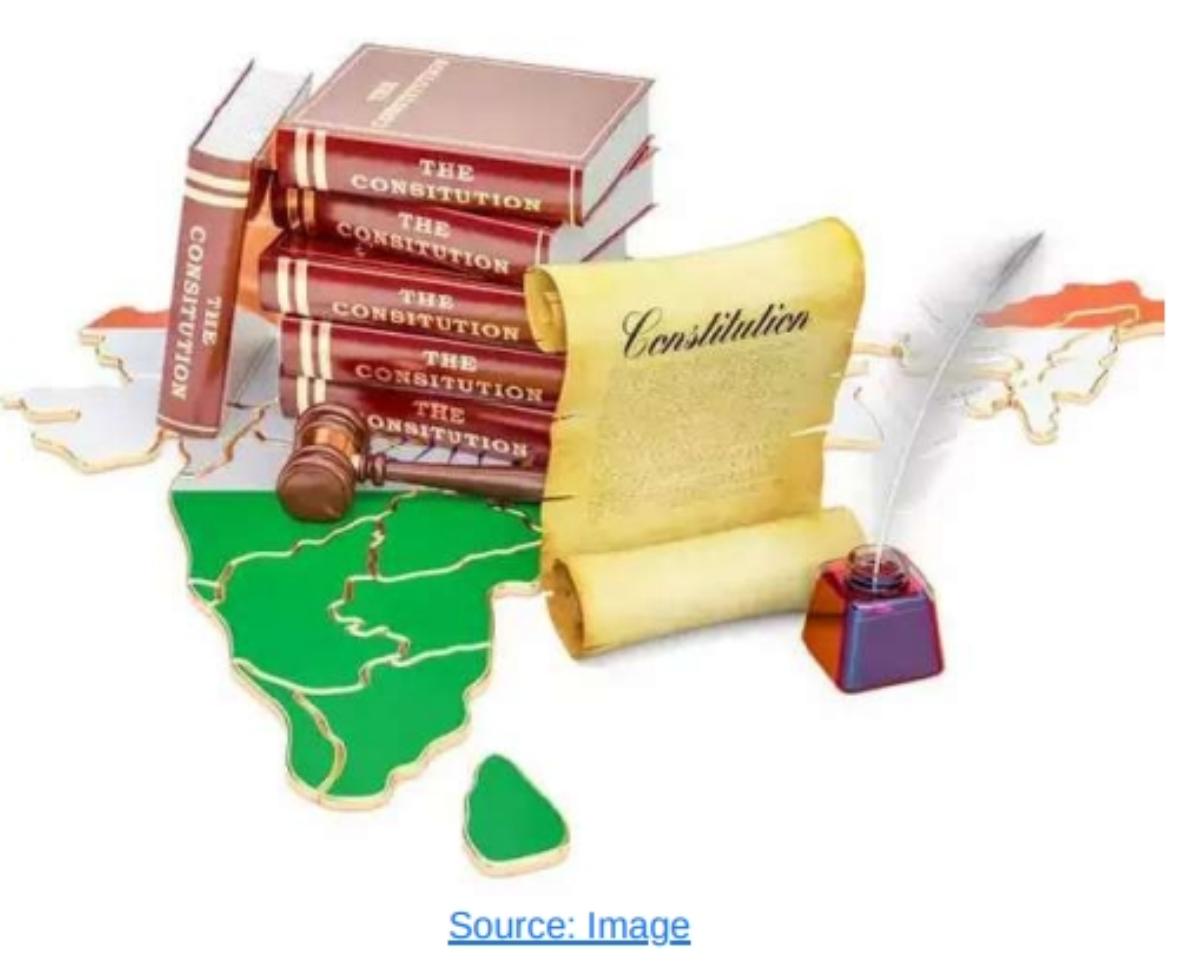
- Institutionalization of social cohesion requires legislation to build public education on Constitutional values and principles. This should be followed dissemination of knowledge on barriers and opportunities to develop constitutional values in the whole of society. To start with, post graduation level education is required to train Constitutional Counselors. This should be supplemented by PhD level research on barriers and ways to span communal chasms that create resentment or violence between communities. It would require research into region-specific policies, plans and methods to build harmony and social cohesion.
- The state governments would need to establish career tracks for a cadre of Constitutional Counselors. Along with activists, they should disseminate knowledge of constitutional values that should be implemented in civil and police services; education system; health and hospitality sectors; industrial trade unions; religious bodies; public and private sector corporations, the media, in the municipalities and panchayats and so on.
- The cadre of Constitutional Counselors would be required to accord training in certificate courses to all departments of the Executive branches; particularly the teachers in the education sector; in public and private sectors of the industry and in the financial sector. These courses should follow a policy for growth in social cohesion and constitutional values to bring stability in public services, industrial relations and in business relations.
- Constitutional Counselors with PhDs and experience in working with the system, can professionally assist in legislative oversight functions of members of State assemblies in: a) drafting legislative questions; b) carry out impact assessment of the proposed bills; c) facilitate verification and scrutiny of socio-economic plans and outcomes; d) examine budget proposals with help of experts in the academia, industry and specialists to advance public accountability as required in the Constitution.
- The corporate businesses in service sectors and industrial trade unions in manufacturing sector have commercial interests that require maintaining stable community relations for their financial benefits. Using Constitutional Counsellors would help in building stable work environment through inter-community dialogue. It would improve social cohesion and stability at workplaces in industrial and businesses which will bring its benefits. The state governments will also benefit from economic growth flowing from industrial peace, by advancing constitutional values and communal harmony, as part of CSR Programmes.
Methods to Develop and Disseminate Constitutional Values
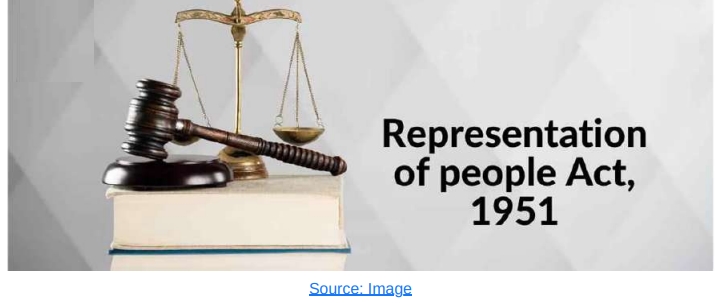
Here are some concrete suggestions to build social cohesion and constitutional values:
- Building up of social cohesion should begin at the formative years of early childhood schooling. At this age building a sense of compassion, empathy, kindness and respect for persons and children from different communities starts with family-child-teacher interaction. Education for social cohesion should be progressed through appropriately designed curriculum through primary, secondary and tertiary levels of education. There is a need to build awareness of our traditions of syncretism for all students at tertiary-level education. They should learn about the saints identified with the bhakti movement, other than those from their own religion, such as: Buddha, Mahavir, Kabir, Ravidas, Meera, Nanak, Periyar, Gandhi and others.
- Can student unions engage with questions of common constitutional values to build bonds that communicate trust through the length and breadth of this land and people inhabiting this country? College unions should consider organizing an Indian Society for Social Cohesion on Constitutional Values of Justice; Equality; Liberty and Fraternity to spread messages of respect through cultural events.
- The states should pass legislation for institutionalization of knowledge creation and dissemination on the benefits of social cohesion and disseminate methods to advance pluralism as a State policy.
- By taking for whole of society approach for mass education on constitutional values, the society will build public norms for equal access to justice; equality in economic opportunity; civil liberties to worship one’s beliefs without fear; fraternity among diverse communities in choice of habitation and plural education.
- Implementation social cohesion policy by the Executive should be monitored and reviewed in terms of outcomes and alternatives, through a legislative oversight process.
- Restore religion to its respectful place as an individual’s right to practice his or her personal faith with dignity. Restore individual’s freedom to choose his or her form or place of worship, without disturbing broader public interest.
- Using religion or its symbols for electoral populism by any political party should be declared unconstitutional. The 2022 Supreme Court judgment in the Abhiram Jain vs CD Commachen case in this regard must be enforced – it laid down that appealing to the ascriptive identities (including religion) of any candidate as well as the voters constitutes a ‘corrupt practice’ under Section 123(3) of the Representation of Peoples Act, 1951.[3]
Conclusion
To prevent pluralism from being dominated by majoritarianism, when political and social spaces for dialogue between diverse communities are shrinking, the challenge for the younger generation is to create inter-faith and ethnic harmony for their long term futures. The country requires a social movement for the people to become free from fear of societal differences and fear of populist measures by those political leaders who heighten communal politics for electoral benefits; fear of repeal of affirmative laws that brings up backward communities; concerned with conversion of divine deities and sacred religious beliefs into instruments of politics; and fear of politically motivated antagonism between religious, ethnic and caste identities, which could lead to hatred and violence.
If the leadership does not build bonds of constitutional values between diverse communities, then how shall a country remain united? During the past seven decades of centre-periphery conflicts, the state has struggled to maintain a national identity. It’s time that its conscientious citizens ask, whether social cohesion will enable harmony and stability or would majoritarianism keep the country’s minorities and backward castes safer?
[1] Goldman Sachs Report “Rise of Affluent India” ascribes affluence in India due to per capita income of top 4.1% population is higher than Rs. 70,000 p.m. Whereas the reality of economic well-being of the majority from the same Report shows that per capita income of 300 million or 20.3% Indian population is between Rs 10400/- and Rs 17800/- p.m. and per capita income bottom of half of Indian population 700 million is less than Rs 10400/- p.m. Times of India, New Delhi 13 Jan 2024. Another data on state of poverty and hunger is from the GoI which lists 810 million populations as the beneficiaries of the free rations scheme PM Garib Kalyan Anna Yojana
[2] Lt. Gen. MK Katiyar, the GOC in C Western Command, states that Indian Army’s strength lies in its secular approach and apolitical character, that any compromise on these principles will harm the Army. See https://scroll.in/latest/1062118/armys-strength-lies-in-its-secular-approach-apolitical-character-says-western-command-chief For these reasons, the Indian military establishes multi-denominational prayer rooms and believes that guarding social cohesion in military units as an essential professional necessity. Even a hint of preferences for any religion by the leadership would seriously jeopardize the cohesion and fighting spirit of units in combat. As it is India’s political mobilization, as a factor of comprehensive national power is considered weaker. Yan Xuetong, “The Rise of China and its Power Status,” Chinese Journal of International Politics, Vol. 1, 2006.
[3] https://www.scobserver.in/cases/abhiram-singh-cd-commachen-electoral-appeals-case-background/


